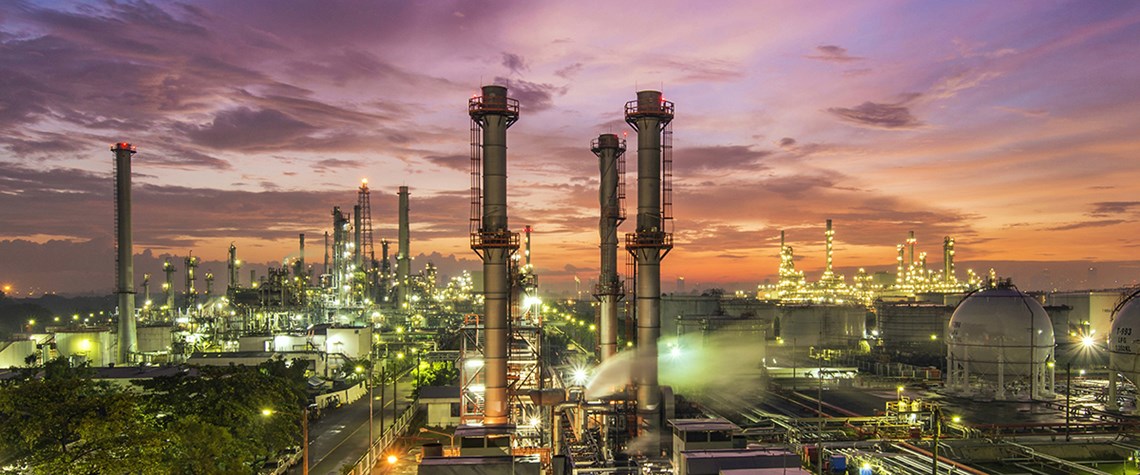Transport fuel’s day of reckoning
Gulf refiners wonder how to cope with new green standards for shipping and aviation fuel
A global clampdown on two of the most public scapegoats to the acceleration of climate change—shipping and aviation—is putting Gulf refiners' portfolios to the test. The International Maritime Organisation's (IMO) 0.5% sulphur cap on bunker fuels, set to begin from 1 January 2020, is followed by the International Air Transport Association's (IATA) Carbon Offsetting Reduction Scheme for International Aviation (CORSIA) from 2021. Both are milestones after decades of toing-and-froing between environmentalists and industry. As the Gulf is home to the world's second-largest bunkering hub, the UAE's Port of Fujairah, and is one of the world's fastest-growing aviation hubs, could a shortage of post

Also in this section
19 April 2024
Cairo’s currency problems have hindered investment, but Pharos sees considerable potential as Egypt emerges from crisis
18 April 2024
The Norwegian energy company is concentrating its efforts on specific regions and assets that meet strict cost and carbon criteria
17 April 2024
Uzbekistan and Kazakhstan provide opportunities after Europe turns it back, while also offering another gateway to China
16 April 2024
Commentators need to shake off the myths of the past, with rising oil prices a boon for US economy







